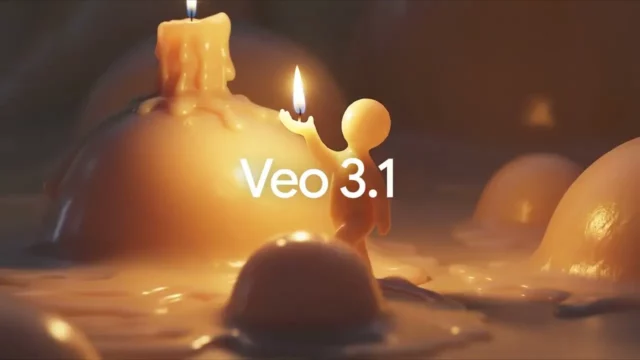Star Citizen has hit yet another massive funding milestone, surpassing $800 million raised from backers. Despite this staggering figure, the game still has no official 1.0 release date. The long-running space sim project, developed by Cloud Imperium Games, continues to operate in an alpha state more than a decade after its original crowdfunding campaign began in 2012.
Star Citizen’s funding continues to climb

As of April 2025, the project has officially pulled in over $800 million through its ongoing crowdfunding platform. The majority of this funding comes from backers purchasing in-game ships, items, and access to the persistent universe. Cloud Imperium Games updates its funding tracker regularly, and the numbers continue to rise steadily with each new promotion or digital event.
Support grows for Star Citizen despite long delays
What’s surprising isn’t just the total amount raised—it’s the continued enthusiasm from the community. Star Citizen’s player base remains highly engaged, participating in frequent playtests and backing new ship concepts as they’re introduced. However, frustration does linger. Many have grown skeptical of the project’s ever-slipping timeline and its open-ended development model.
Cloud Imperium remains vague about a full launch
Studio head Chris Roberts and his team have yet to provide a concrete roadmap for a 1.0 release. While the game receives regular patches, including updates to visuals, mechanics, and server tech, there’s no sign of a formal launch window. Squadron 42—the game’s standalone single-player campaign—also remains unreleased despite previous claims that it was nearing completion.
A milestone that raises more questions than answers
Reaching $800 million is no small feat, but it highlights a growing tension between ambition and delivery. Star Citizen continues to expand in scale, scope, and funding, yet fans are left wondering when all this progress will result in a finished game. Until then, the project remains one of gaming’s most high-profile experiments in crowdfunding—and uncertainty.














